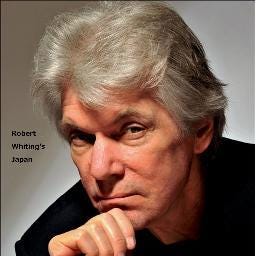Time Machine: Remembering the infamous Mike DiMuro incident
This story originally ran in the Japanese newspaper Yukan Fuji in 2019.
TOKYO — I read recently where Mike DiMuro, a major league umpire, and son of MLB umpire Lou DiMuro has retired at the age of 51 due to back problems. Some of you older readers might remember Mike DiMuro for the time he spent in Japan in 1997 when he was hired by the Central League as the first American umpire in Nippon Pro Baseball. The idea at the time was novel and the stated goal was to ‘internationalize’ the Japanese game and improve their level of umpiring, which was generally somewhat low (because of the lack of umpire schools in Japan and proper umpiring training) and, unlike in the MLB, lacking in authority and respect.
But no one debriefed DiMuro on what to expect. He was not properly prepared and was not informed by Japanese officials that the strike zone was different in Japan —higher and wider than in MLB — and was not told about other areas where treatment of umpires, shall we say, differed from what it was in MLB.
In the United States, umpires are strong figures of authority whose calls may be questioned, argued and booed from the stands, but are almost never reversed. In Japan, umpires have evolved as weak figures whose decisions are often subject to reversal if questioned. (I once saw a Nippon Ham game at the Tokyo Dome where a home run was changed to first a triple and then a ground rule double.)
Keep reading with a 7-day free trial
Subscribe to Robert Whiting's Japan to keep reading this post and get 7 days of free access to the full post archives.


